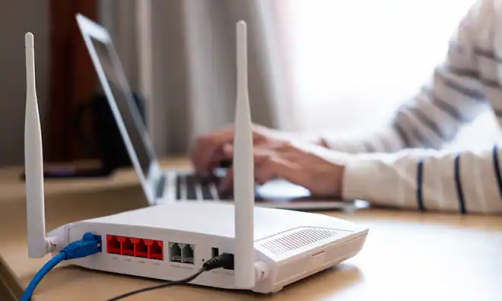The US government has a wide range of options to generate electricity. According to the US Energy Information Administration, the country's electricity comes from fossil fuels such as coal, natural gas, nuclear energy, and petroleum to renewables such as geothermal plants, hydroelectric turbines, and solar photovoltaics.
However, with the rising cost of fossil fuels worldwide due to the conflict between Russia and Ukraine and inflation, sourcing life-sustaining electricity from renewables has become necessary to save money.
Here's how you can know if your house is good enough to install solar panels on:
A High Enough Electricity Bill
To know whether switching to solar power as your source of electricity is good for you, you have to consider how much you're spending on your electricity bill. According to Best Buy, you need to be spending more than $75 on your electricity bill for you to really enjoy the return on investment solar panels provide.
If you're paying less than $75, switching to solar power will not be worth the money. The general rule of thumb is to pay less than what you spend on your electricity bill.
Good Location And Climate
Considering your house's location and the climate you experience long term is a good way to know what kind of solar panels you need. If you experience cloudy weather most of the year, you'll probably want to use high-efficiency solar panels.
According to Sun Power, this solar panel can generate electricity from direct and indirect sunlight, giving you electricity even during cloudy weather.
Additionally, if you're mostly experiencing rainy weather for a good portion of the year, getting more durable solar panels is a must to prevent their performance from degrading too quickly. To check on a solar panel's durability, look for the temperature coefficient, per Helio Solaire. The value of the coefficient is inversely proportional to the quality of a solar panel, meaning that a solar panel with a low temperature coefficient is good to have.
Strong/Well-Maintained Roof
Although solar panels are best placed on the roofs of houses, not every roof can play host to one. Some roofs are made with materials too fragile for a solar panel to be installed on.
Read More: Ford Unveils the Mustang 2024 with Gas Powered Engines, Redesigned Features
This fragility could be caused by either deterioration or the nature of the material itself. Roofs made with Wood shakes, slate tiles, and clay with mortar or composite metal/stone coated steel require a professional solar panel installer to make installing solar panels on them possible.
If you can't find a professional installer, you may need to sacrifice some of your yard space to install one if you still wish to go solar.
Low Amount Of Shade/Obstacles
Having the best solar panels will be nothing if your house is in a place that receives little to no sunlight. Although there are solar panels that can still produce electricity in low-light situations, that capability won't mean a thing if they are covered by shade, which reduces their potential output.
According to CNET, you can use Google's Project Sunroof to check if your roof is getting an adequate amount of sunlight or set an appointment for a consultation with an expert for a house visit.
Approval/Permits From Property Owners/Local Governments
Aside from your electricity bill, you also need to consider the approval of the owner of the property you live in if you're a rentee or the local government if you're a property owner. Some renters are not too keen on spending money on installing solar panels, as it could be an expensive undertaking. However, they could be convinced by factors like the increase in property value and other tax write-offs to have them finance the installation.
On the other hand, local governments might require you to get a building or structural permit, an electrical permit, and even a solar photovoltaic permit before you can install one. Consider checking with your local government to see their requirements first before pulling the trigger on your switch.
Related Article: Solar Panel Buying Guide — Save Money on Electricity (or Pay Nothing at All!)













